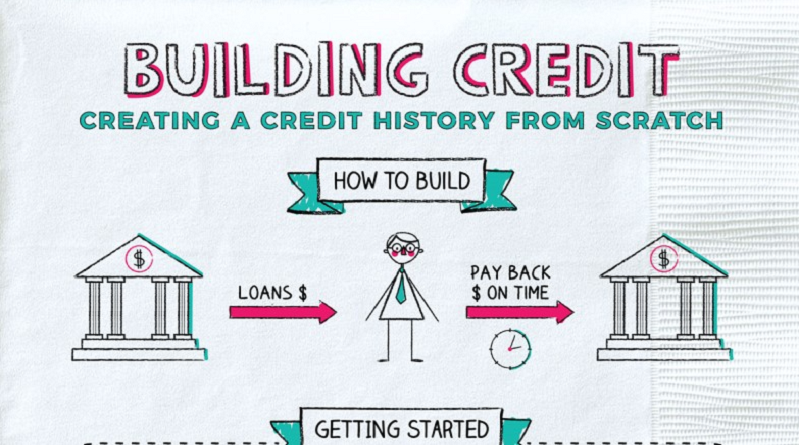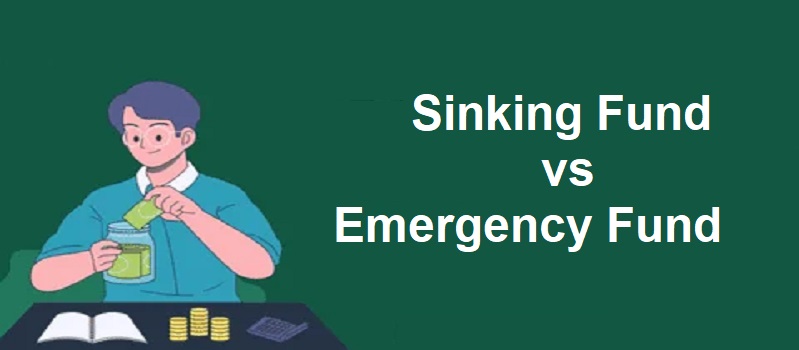Need to Know
Your credit history grows more when you have been using your credit card for a long. Yes, the credit history also refers to your personal finances. However, it does not apply if you’re young (you’ve just turned 18) and are just starting with finances.
Your credit history may get involved in borrowing money more than making it. However, credit history also represents your financial behaviour on various grounds. In this post, we will learn why it might be essential. Along with that, we might pick up ways to make it useful too.
Why You Need a Good Credit History?
You need a good credit history when there is a purchase included. Your credit history defines your borrowing potential. In simple words, it just makes sure you are capable of managing to borrow money. You have already understood that lenders will make use of your credit history. They will consider it to decide whether or not they can offer you a loan. You can see a credit history included in things like buying a car via a loan or getting a mortgage.
Throughout your professional life, your credit history might be affected by how you use your credit card and how you personally manage your finances.
How Long Does It Need to Build Your Credit History
As the name suggests, credit history will require some period to help it be calculated. You might wonder how long you need it. In the UK, you can expect a minimum of three to six months of data to start with the calculation.
Of course, you have paid your bills on time and made expenses following regulations. After your credit history gets effective, you need to be more in tune with being regularised and timely with your finances because that builds good credit history.
Is Having No Credit History Okay?
This might be a difficult question to answer. But, sticking to the viewpoint of credit scores, I might be able to give you a satisfactory statement.
No credit history may not justify your finances. However, it may not give you a good reason to build your credit score. It will not give a stable ground for a good credit score. As a result, your credit score can go downhill. For a poor credit score, you might find the following complications:
- A low credit score defines a weak credit history.
- Lenders may not offer you loans or they might take longer to approve the loan.
- You might have to pay more fees for managing your credit card.
- There will always be a questionable factor in the absence of your credit history and, therefore, the hidden reasons your credit score went low.
Having a poor credit history is better than having no history at all. If your credit score is too low, but you need to borrow money urgently, then choose one of the loans for bad credit from a direct lender. A lender of this kind is also known as a private lender and can help you quite fast with an online personal loan. You read that right. Direct lenders may not ask for collateral even if you have an extremely poor credit score.
How to Build Good Credit?
If you have gone through all of the points mentioned above, you may have understood the fact that having a good credit history is something that’s quite important to borrow money. It also helps you to maintain your finances on a larger scale. Here is how you can build good credit:
1. Register Yourself and Get an Electoral Roll
An Electoral roll is one of the vital documents you need to have. It presents your identity in a country. Therefore, consider the electoral role a primary certificate to get started with your personal finances and credit history.
Find the government regulations to apply for an electoral roll. Make sure you are paying enough attention to the terms and regulations. If you are unable to register for a short period, do make a short notice correction to your Experian Credit Report with valid reasons for the delay.
2. You’ll Need a Bank Account
After you have managed to get an electoral roll, time for you to get a bank account as soon as possible. Your bank account will serve as your primary and main financial statement.
You might have an overdraft. In that case, do not go over the limit. 25% is considered a good standpoint here. Pay it off as soon as possible.
3. Apply for a Credit Card Now
Your credit history will start with you applying for a credit card. You can use your credit card for cashless transactions, and that too in multiple ways.
Applying for credit means a line of credit is lent to you. However, it does have a standard amount. Spending more than that is wrong for a cardholder. This is called the credit limit.
4. Understand the Credit Card Fees
As mentioned just now, the credit card has its limitations. When you use a card, you need to pay some service charges, right? In total, they are called credit card fees.
Speak to your credit card issuer to learn more about the credit limit and other credit card fees. If you don’t pay these fees in time, your credit history and score will be affected. Not paying another service (such as your OTT subscription fees) in time may also result in a low credit score. Credit card fees may include the following:
- Monthly Fees
- Annual Fees (calculated by the Annual Percentage Rates)
- Service Charges
- Penalty Costs (in case the score goes low)
5. Set up Debit Payments
Direct debit payments help you keep your score good. It helps you to make payments for your credit card easily. Setting up debit payments to manage your card helps you pay the credit card fees on time. More importantly, you will not miss paying fees for your credit card. It helps you in retaining a good credit history and score. It may also save you from debt.
Even though the debt is associated with your credit card, you can solve it smartly. Just as it’s mentioned earlier, you can take out loans for bad credit. Direct lenders such as PmLoansDay can help you get these loans in a soft credit check so that you can pay your debt and save yourself from towering expenses.
6. See If You Can Give a Boost to Your Credit History
A good way to give a boost to your credit history and score is to keep a track record of your credit card usage and link that financial behaviour with your Experian Account.
Pay your bills on time using your credit card. Make significant payments such as Council Tax payments a priority. Add this data to your Experian Account. As a result, you have got a boosted credit score, facilitating your credit history.
To Conclude
Giving your credit card history the health it requires is all a matter of sticking to the norms. Be loyal to your credit card rules and follow them exactly as they are. In between, make a few smart moves. With that, you’ll surely get a credit history that can become useful for you and flawless to lenders.

Mark Williams works as one of the Loan Advisors at a direct lender firm, Onestoploansolution. He has been working with the lender for about 15 years. He has been known to facilitate his employer in remarkable ways from writing to consulting and whatnot. He is a professional who wants to explore more of the UK financial market, the loan products and how customer requirement changes with time.






